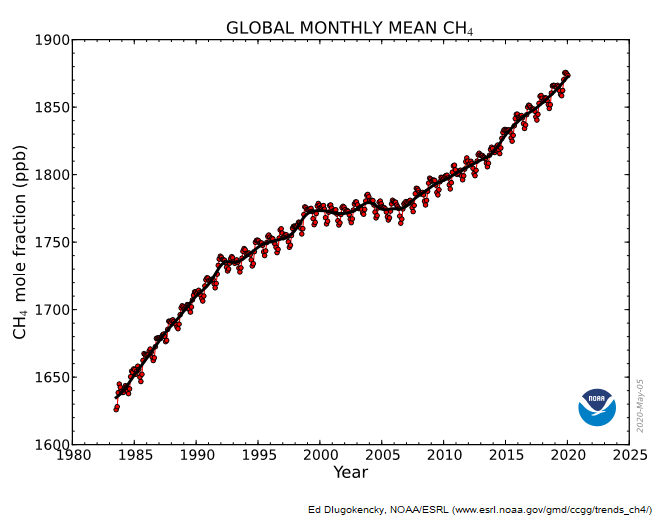Environmental Health News reports on a new study from researchers at Cornell that shows that methane leaks from fracking in Pennsylvania are at least 15% higher than previously estimated.
The study analyzed reports by operators for gas and oil wells and fracking in Pennsylvania, which has required reporting of methane leaks since 2014.
They found that some companies were using “too low to report” and other work-arounds to not report leaks, other wells had their methane leaks drop to zero when a new owner reported, and more issues with reporting.
The undercount of methane leaks is important for two reasons: 1) methane is a potent greenhouse gas and contributes significantly to climate change and disruption, and 2) methane is a precursor to ozone formation, and ozone has serious effects on our health.
Read the report in Environmental Health News.
Read the study on methane leaks in Environmental Science and Technology.





